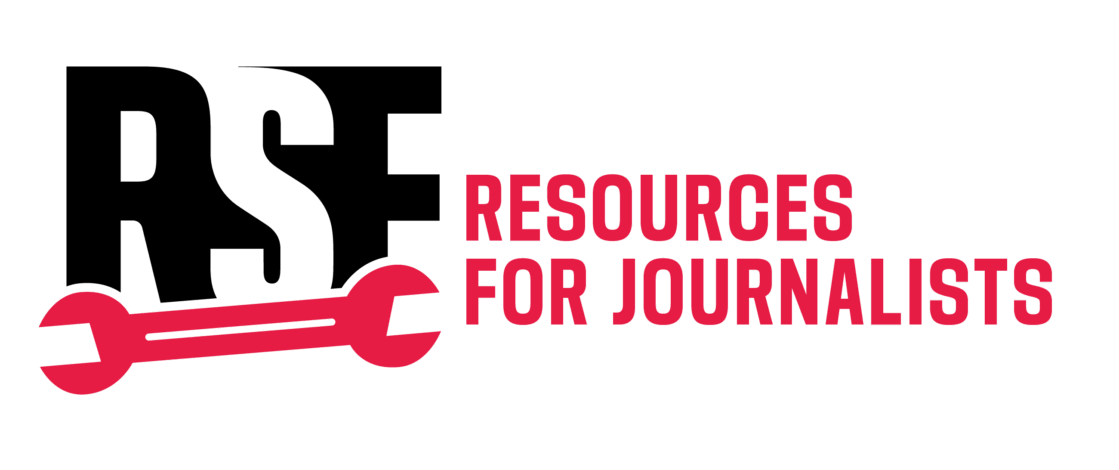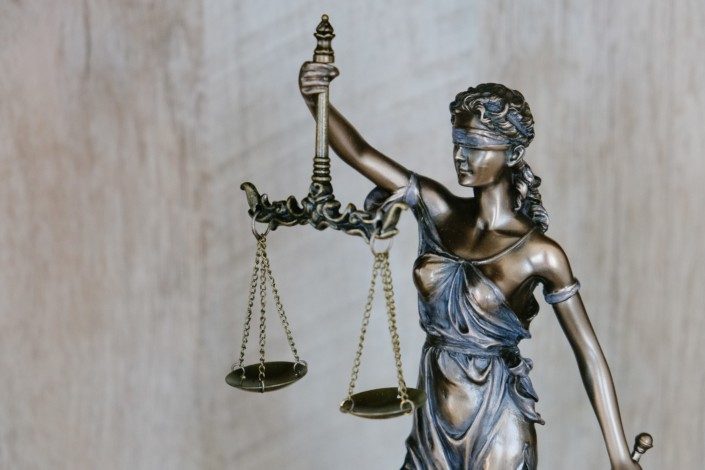Laws regarding a journalist’s freedom of expression and online activities vary between countries and do not necessarily follow international standards. Reporters Without Borders (RSF) presents five legal facts journalists should bear in mind when communicating online.
Journalists now constantly use the internet in their daily work, whether reporting in democracies or in authoritarian countries. Laws regarding freedom of expression, privacy, and online activities vary from country to country, and do not necessarily follow international standards, while some governments even use the law to target reporters. Here are five legal facts that journalists should know before communicating and browsing online.
1) “Hard laws” take precedence over “soft laws” regarding freedom of expression
Rights to privacy and freedom of expression are enshrined in the Universal Declaration of Human Rights (UDHR) in Article 12 and Article 19 respectively. 192 countries have signed the Declaration, agreeing that these rights should be respected and become an international standard. Yet, these rights are not respected in many countries. Firstly, the UDHR is considered a “soft law,” so it cannot be referred to in national courts, contrary to “hard laws” enforced by national governments. Secondly, many countries have implemented specific laws infringing on these human rights in the name of “preventing crime,” “protecting others,” or “safeguarding national security.” How exactly these laws are defined and enforced vary, so journalists should be aware of the laws and practices of the states in which they report.
2) Targeted and mass surveillance are often both legal
Targeted surveillance means that an authority suspicious of an individual will use surveillance to monitor that person and collect potentially incriminating information. Mass surveillance means that an authority does not suspect a specific person but wants to collect as much data as possible and then search for suspicious behaviour among the public. These two forms of surveillance, usually distinctly enshrined in the law, are often legal. Knowing the legalities of each, and how they could be weaponised against journalists, is vital when assessing the threat of government surveillance in the country a reporter operates in.
3) Websites can be legally obligated to give user data to the government
Internet service providers (ISPs), social networks, messaging apps, and websites collect data on their users. These companies may then be forced to hand over this information to governments. To date, both national laws and the terms of service of any website or app do not clearly explain the agreement a company has with the government it operates under. Therefore, journalists are recommended to research such agreements and take this information into account when browsing these sites or using these apps.
4) “Offline laws” are often applicable to the online world
The fast-evolving internet is not fully regulated by law due to its constant development. However, most governments agree that “offline laws” should largely apply online. Sometimes, what varies from nation to nation is which behaviours different governments consider to be criminal activity. For instance, some states will argue that the use of technologies like encryption tools or Virtual Private Networks (VPNs), which hide online activity from governments and other third parties, is a crime in itself. Journalists should always check what digital tools are considered illegal to use in their country, and consider carefully if the benefit outweighs the risk.
5) Encryption and anonymity are not guaranteed rights
In 2015, UN special rapporteur David Kaye submitted a report to the Human Rights Council arguing that online anonymity and the use of encryption tools should be protected rights. To this date, there has been no such legal proposal. States can prohibit the use of anonymisation tools, and journalists can be prosecuted or targeted for using them.



